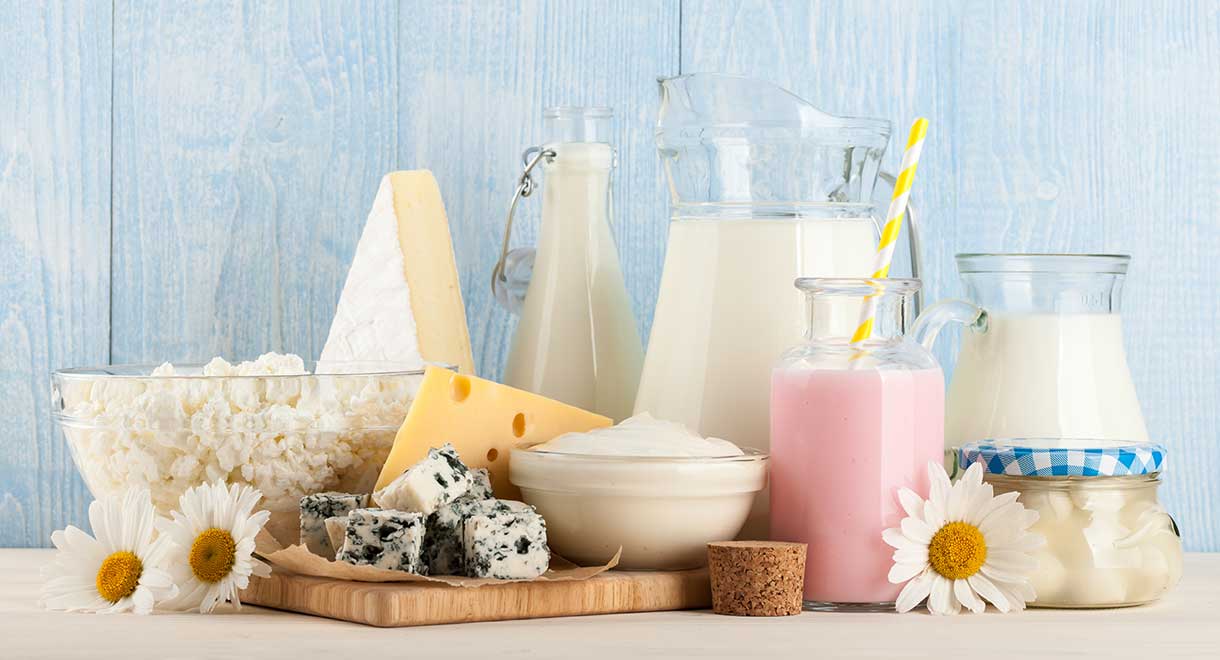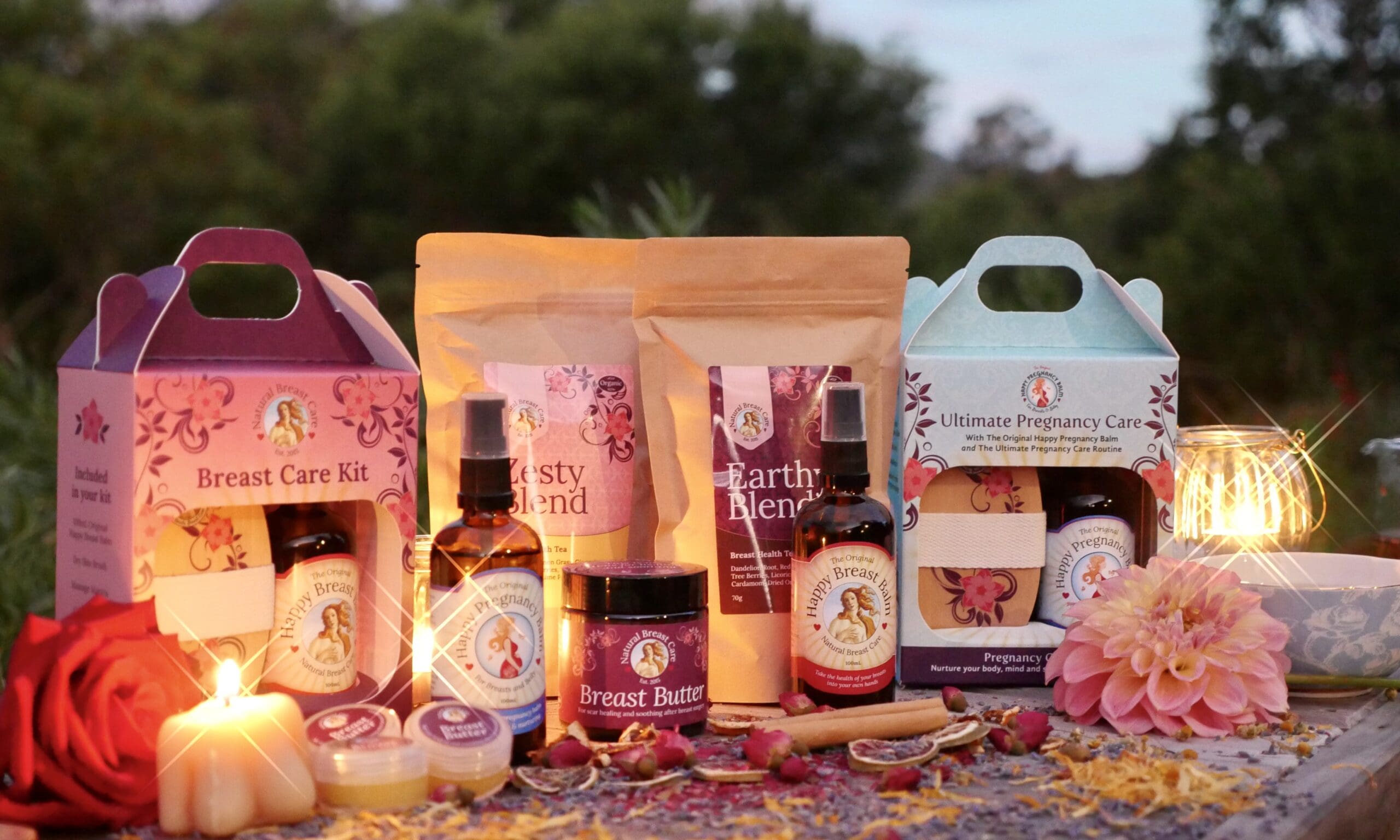You don’t need dairy products for strong bones
By naturopath Margaret Jasinska
Dairy products are popular in Western nations; milk, cheese, yoghurt, ice-cream and milk shakes are common inclusions in most people’s diet. All of these foods taste good and they do contain some minerals, particularly calcium.
Most people think regular dairy product consumption is critical for maintaining strong bones and preventing osteoporosis. However, the story is not so simple. Western nations are the biggest milk drinkers and yet they also suffer far higher rates of osteoporosis than most Asian nations, where dairy products are not a part of the traditional diet. It is estimated that approximately 75 percent of the world’s population is lactose intolerant, therefore not able to digest dairy products properly.
A study compared the bone density of vegan women with non-vegetarian women to see if lifetime dairy consumption made much difference to their bones. The study was conducted by the Garvin Institute of Medical Research in Sydney, Australia and the results are published in the journal Osteoporosis International.
The study compared the bone health of 105 post-menopausal vegan Buddhist nuns with 105 post-menopausal non-vegetarian women. Vegans only eat plant foods; they do not eat meat, fish, chicken, eggs or dairy products. The nuns in the study had a very low calcium intake, averaging 370 milligrams per day, whereas the recommended calcium intake is 1000 milligrams per day. Buddhist nuns were chosen for this study because their faith requires them to follow a strict vegan diet for their entire life.
The results of the study were quite startling to researchers; the bone density in the two groups of women was identical.
This study proves that there is far more to osteoporosis than just calcium intake. Osteoporosis is a disease that is usually the consequence of chronic poor health, poor gut health, poor diet and/or hormone imbalances.


The hormones in dairy products can be a problem
Dairy products contain hormone residues. It is natural for breast milk to contain hormones. Unfortunately the cow’s milk produced today is a lot higher in hormones than that produced 50 years ago. Dairy farming is big business now and each cow needs to be producing a lot more milk to be viable.
Milk is designed to make things grow very quickly; that’s why it’s given to infants. If you are an adult, you are no longer growing; unless you are growing cysts, polyps, nodules, fibroids or tumours. The hormones in dairy products can hasten the growth of all those things. The hormones in dairy products can also worsen acne, endometriosis and polycystic ovarian syndrome. There is quite a bit of research to show that dairy consumption significantly increases the risk of prostate cancer. Consuming dairy products can raise your blood levels of the hormones insulin and insulin-like growth factor 1, which are growth-promoting hormones. Sugar and alcohol raise these hormones too.
How to prevent osteoporosis
If you want to keep your bones strong we recommend the following:
- Make sure you are not vitamin D deficient. Vitamin D is required to enable calcium to enter bones. The vitamin is made when your skin is exposed to sunlight, or it can be taken in supplement form. You can have a blood test to check your level.
- Exercise regularly. If you don’t exercise, your muscles will shrink and your bones will weaken.
- Make sure you get enough of the right minerals in your diet. Calcium is important, but so is boron, magnesium, manganese, zinc and copper. These nutrients are found in Calcium Complete tablets.
- Eat lots of vegetables and fruit. They are high in vitamin K and boron, which strengthen bones.
Collagen is important for providing support and some flexibility to bones. Vitamin C, zinc and silica are required for collagen formation, and are found in Collagen Food powder. - Some medication can cause thinning of the bones; these include steroids, antacids, some hormonal contraceptives and some anti-depressants.
Undiagnosed coeliac disease is a common cause of osteoporosis. Other intestinal diseases that reduce nutrient absorption (eg. Ulcerative colitis, Crohn’s disease) also increase the risk of osteoporosis. - High levels of sugar, salt, caffeine, alcohol and soft drinks all promote osteoporosis.
- Deficiencies of the hormones oestrogen, testosterone and DHEA can cause osteoporosis. These hormones can be checked with a blood test.









I wonder too if hormone-laden milk could be a contributor to the almost-epidemic of breast cancer. Is there research happening along those lines?
Hi Jan,
We agree with you. We are not aware of any specific research on the topic though, and it’s not likely to get funding.
Kind regards,
Margaret
Very interesting information indeed. Thanks Sandra.
You’re welcome Anne ! 🙂
Such great information
If you’ve been severely vitamin D deficient for years and heading towards 50, is there a way to increase calcium in bones now to prevent osteoporosis?
Hi Liz,
Supplementing with vitamin D, calcium and getting plenty of exercise now is a way to reduce your risk of developing osteoporosis or at least reduce the severity of it.
Osteoporosis is most common in post-menopausal women and oestrogen therapy can help to prevent it if indicated.
You’d need to speak with your health care practitioner to get specific advice for you.
We have this article with helpful tips:
Kind regards,
Louise